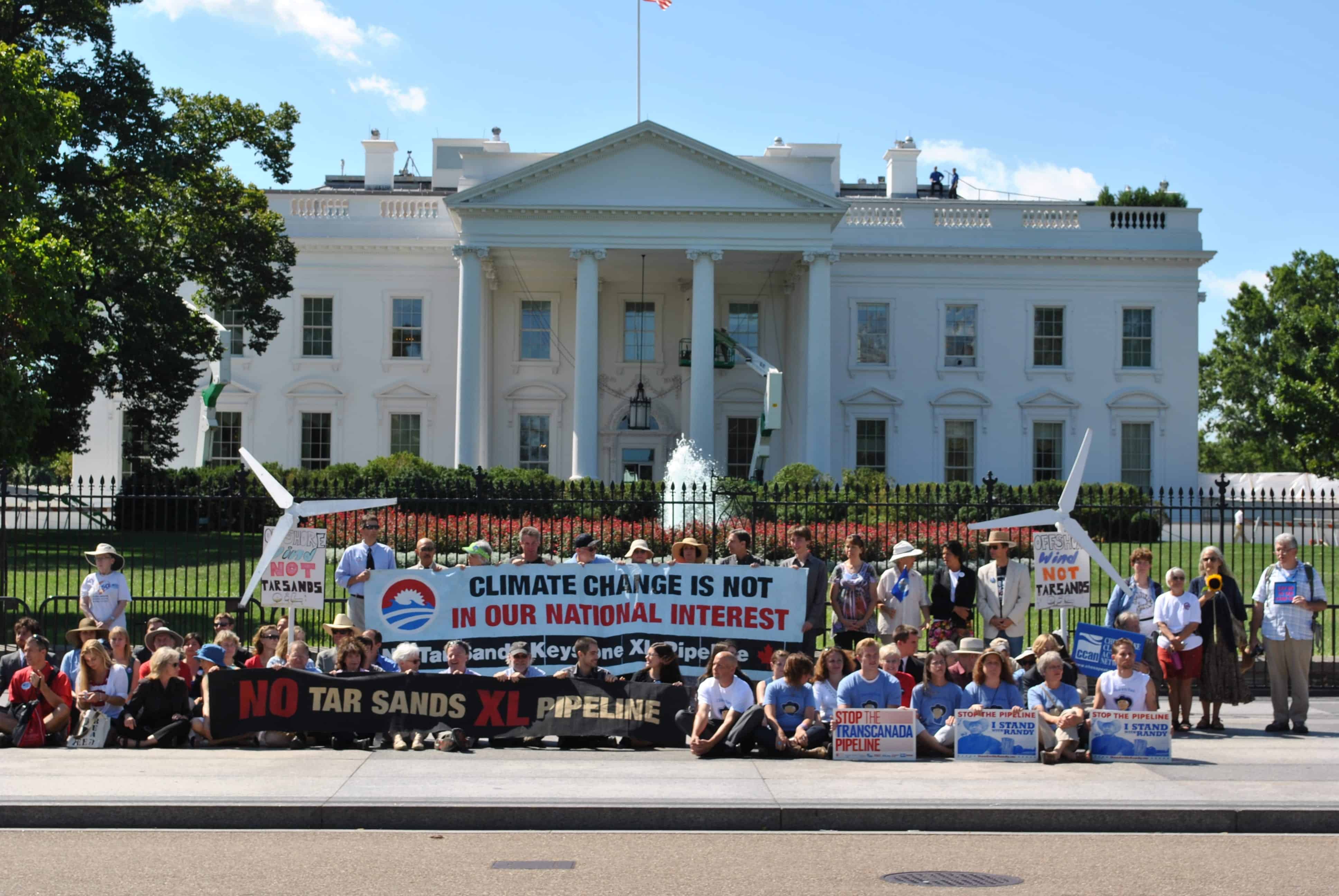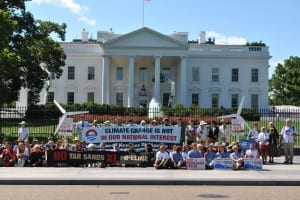The impossible pipeline

Controversial and long drawn-out pipeline rejected.
Author: Jason Chestney
While the Albertans have hailed the Keystone XL Pipeline as an economic godsend, there are many factors that, in my opinion, would combine to make the Keystone XL Pipeline economically unviable. Also, in the unlikely event that Keystone finally is completed, these factors would limit its impact on the Canadian economy.
The first and, I think, most important from a Canadian perspective, is the falling price of oil; at the time of writing, it is around is around seventy-six dollars per barrel. This price drop has already caused Alberta to revise its budget. With the drop in revenue oil, companies, particularly the ones operating projects in the tar sands, are likely not looking for more expensive oil investments due to the potential diminishing profit margin profit on oil.
The second issue comes from American domestic policy, and US President Obama in particular, around Keystone’s potential environmental impact. Both Obama and various groups along the pipeline’s proposed route have voiced opposition to Keystone. President Obama in particular objected both on the grounds that Keystone would be more beneficial to Canada than to America and that greener alternatives to Keystone’s ‘dirty oil’ should be explored first. Groups along the pipeline’s proposed route, particularly First Nations and environmental groups, have also voiced their opposition to Keystone and have vowed to fight it in court, even if it is given federal approval. Should President Obama decide not to veto the pipeline, the court challenges and various compromises that would have to be worked out with the groups have the potential to hold up Keystone’s approval for years. In that timeframe, the international relations between Canada and the United States and the political landscape in both countries could drastically change. With a Canadian federal election scheduled for 2015 and an American presidential election scheduled for 2016, there is a distinct possibility that there will be two new political leaders in both Canada and the United States. This could result in Keystone being forcibly withdrawn if a new Prime Minister decides that Keystone is not in Canada’s national or environmental interests.
Even from a Canadian perspective, the falling price of oil will make both the tar sands and Keystone less acceptable; the current oil company environmental advertisements, I believe, are a testament to this. The lower prices will continue to diminish the importance of oil to Canada’s economy. This, in turn, will make the environmental harms more difficult to ignore. I do not believe that Keystone will be built even if it is approved due to the Canadian political climate. In my estimation, no Canadian political leader, other than Stephen Harper, would risk the political cost of alienating Eastern Canada, who is mostly in favour of an east-west pipeline, and environmentalist groups.
I also question the pipeline’s potential economic impact, particularly for Saskatchewan. Both Saskatchewan Premier Brad Wall and Alberta Premier Jim Prentice claim that Keystone will create thousands of new jobs for both provinces; the U.S. Republican Party also echoes this sentiment. However, this idea is flawed.
While the pipeline may create temporary jobs for steelworkers and construction workers creating the pipe and installing it, I do not see it creating many long-term job prospects for Saskatchewan or Alberta. It doesn’t require a lot of people to oversee the pipeline once it is built. I think for Saskatchewan especially, the Saskatchewan Party has vastly overstated pipeline’s potential impact on the province. Rather than creating vast economic opportunities for the province, I see the pipeline, if on the off chance it is actually built, creating so few jobs that its potential economic impact on the country will be virtually zero.










